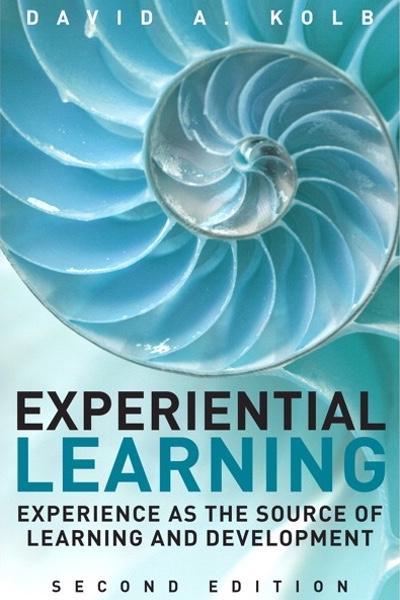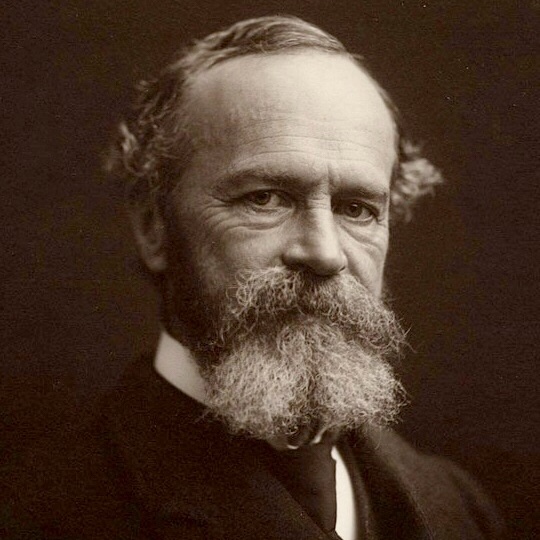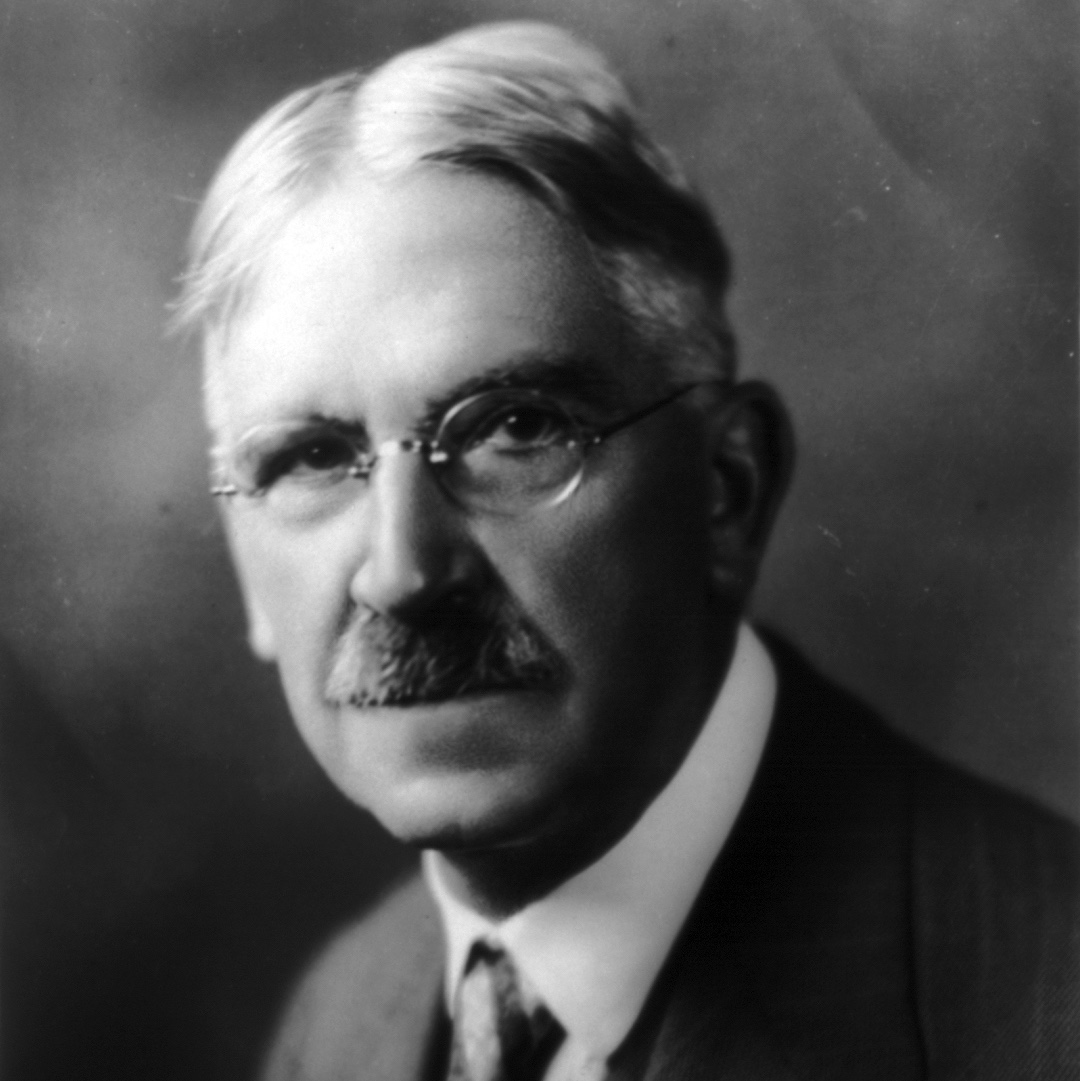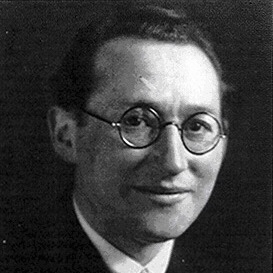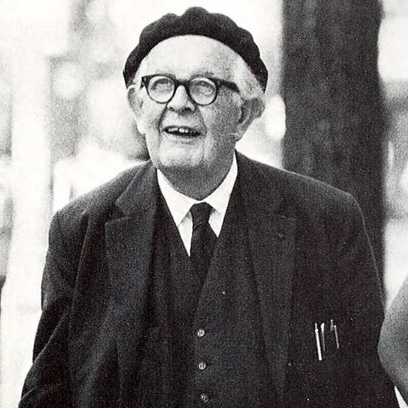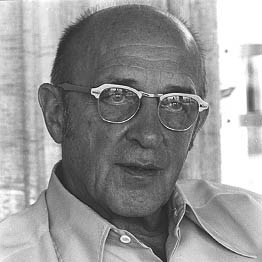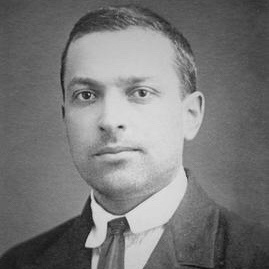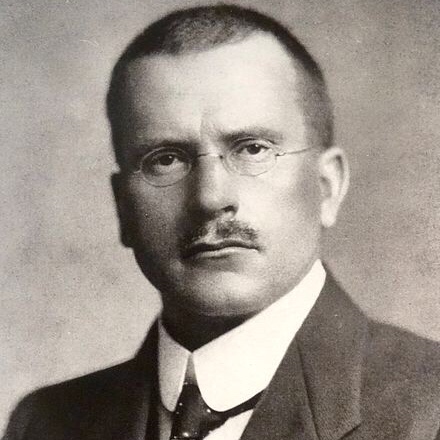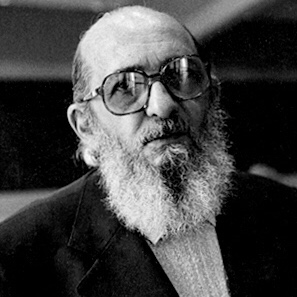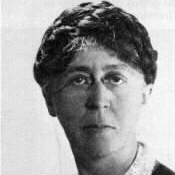I think that only slight acquaintance with the history of education is needed to prove that educational reformers and innovators alone have felt the need for a philosophy of education. Those who adhered to the established system needed merely a few fine-sounding words to justify existing practices. The real work was done by habits which were so fixed as to be institutional. The lesson for progressive education is that it requires in an urgent degree, a degree more pressing than was incumbent upon former innovators, a philosophy of education based on a philosophy of experience.
.
– John Dewey, Experience and Education
Experiential Learning Theory (ELT) was created to provide an intellectual foundation for the practice of experiential learning responding to John Dewey’s call for a theory of experience to guide educational innovation. It is a synthesis of the works of those great scholars who gave experience a central role in their theories of human learning and development. We have come to call them the “foundational scholars of experiential learning”: William James, John Dewey, Kurt Lewin, Jean Piaget, Lev Vygotsky, Carl Jung, Mary Parker Follett, Carl Rogers, and Paulo Freire.
In the creation and continuing development of ELT, we seek to pass on the legacy of those 20th Century scholars who placed experience at the center of the learning process, envisioning an educational system that was learning centered. From their varied professions and cultural perspectives, they stood at the boundaries of their fields and the traditional educational establishment, challenging and inspiring us to a better way of learning. While their theories have resulted in many profound changes in how we think about learning and education, the full implications of their insights are yet to be realized.
The unique contribution of ELT is to unify the contributions and insights of these scholars into an explicit and coherent framework based both on the common perspectives they share and the unique contributions they have made to our understanding of experiential learning. Our aim and hope is that by doing so we can contribute to the many 21st Century conversations about how to promote learning and reform education. In doing so we recognize that learning is not just for children anymore. In today’s world there are learning challenges for all adults, as well, at every level of society; for individuals, for families and communities, for organizations and institutions, even for nations and the planet.
ELT is a dynamic, holistic theory of the process of learning from experience and a multi-dimensional model of adult development. The dynamic view of learning is based on a learning cycle driven by the resolution of the dual dialectics of action/reflection and experience/abstraction. It is a holistic theory that defines learning as the major process of human adaptation involving the whole person. As such, ELT is applicable not only in the formal education classroom but in all arenas of life. The process of learning from experience is ubiquitous, present in human activity everywhere all the time. The holistic nature of the learning process means that it operates at all levels of human society from the individual, to the group, to organizations, and to society as a whole.
ELT research is highly interdisciplinary, addressing learning and educational issues in many fields. ELT is being used extensively by experiential educators as a guide for practice in at least 30 fields and academic disciplines Included are research studies from every region of the world, with many contributions coming from the U.S., Canada, Brazil, the U. K., China, India, Australia, Japan, Norway, Finland, Sweden, the Netherlands, and Thailand. Since its first statement in 1971 (Kolb, Rubin & McIntyre 1971), there have been many studies using Experiential Learning Theory to advance the theory and practice of experiential learning. Since 2000, ELT research in many fields around the world has more than quadrupled. The current experiential learning theory bibliographies include over 4,300 entries from 1971 to 2017.
